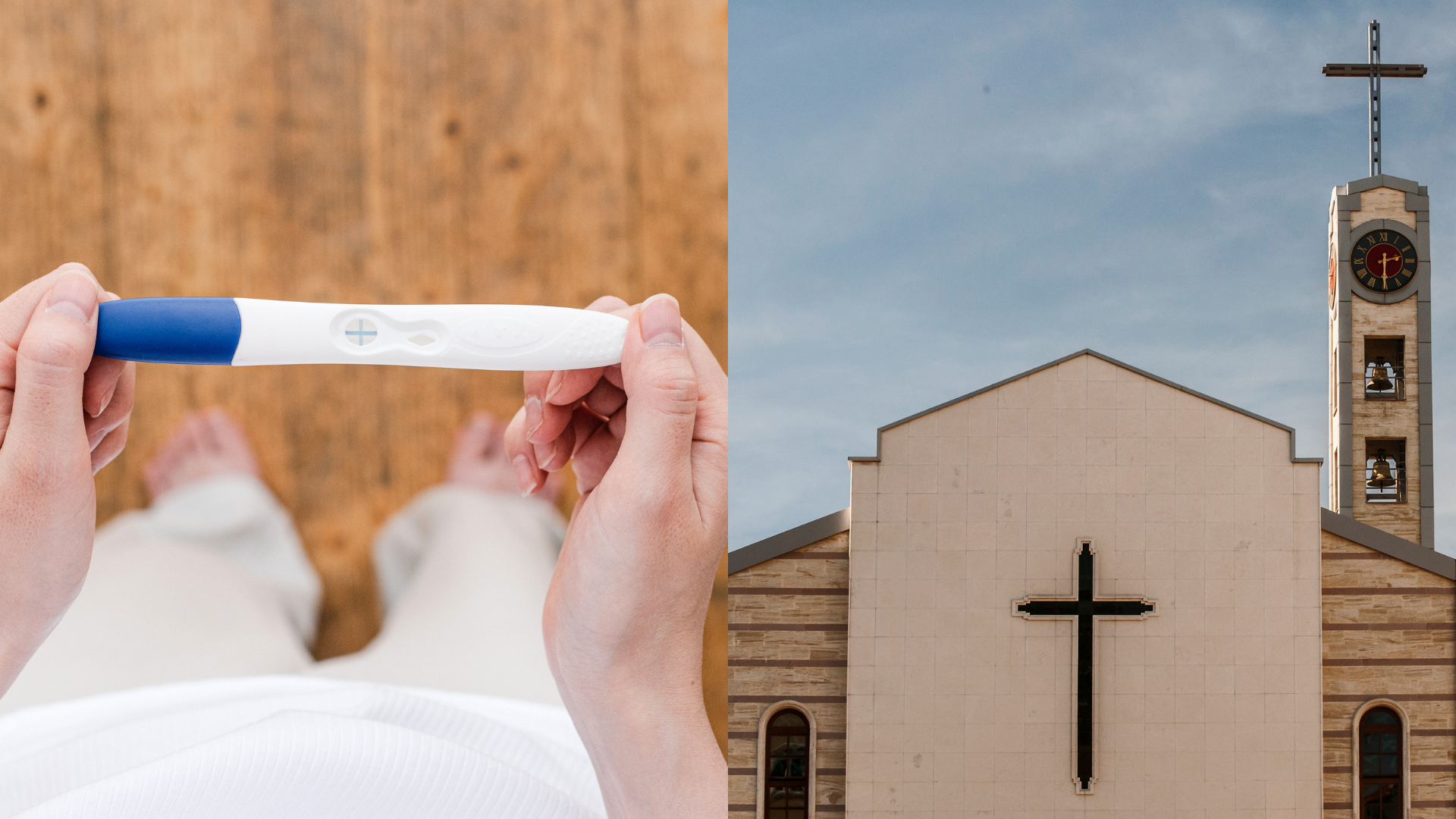Blog /Fertility and the Catholic Church
Fertility and the Catholic Church
- by Maureen Brown, Mosie Baby Co-Founder and CEO June 17, 2024 3 min read

Menu title
This section doesn’t currently include any content. Add content to this section using the sidebar.
Your headline
Image caption appears here
$49.00
Add your deal, information or promotional text

If you are considering your fertility options as a Catholic, it can be confusing to navigate your path forward in accordance with your faith. While many Catholics still choose to proceed with IVF, others may have questions about what they can do when facing fertility issues on their path to pregnancy and if there are alternatives to IVF accepted by the Church.
IVF is considered “morally unacceptable” by the Catholic Church. This is tied to the 1987 document released by the Vatican entitled “Donum Vitae,” which outlines the distinction between treatments that assist the marital act in conceiving a child and those that replace it. The document also addresses stem cell research and in particular “embryonic stem cell research.”
When it comes to fertility challenges, the Church emphasizes understanding women's reproductive health and fertility as is the case the Catholic Medical Center's Natural Procreative Technology (NaProTECHNOLOGY) approach. At the time scripture in the Bible was written, it was unknown that nearly 50% of infertility cases stem from the male. As a result scripture from the Bible has an emphasis on women’s fertility and women suffering from infertility.
Today much is known about male infertility and there are many ways for men to check the health of their sperm and semen at home and in a clinic. While the Catholic church does not approve of masturbation for collecting a semen sample, there are ways to “licitly” collect a sample for testing through intercourse into a sperm friendly condom or sheath. Please check with your doctor for the best option.
Intrauterine Insemination, known as “IUI”, is not directly mentioned in Catholic teachings like the Donum Vitae. This method is considered a less invasive option to IVF and does not involve the creation of embryos. Semen is collected, tested and then “washed” and placed via catheter into the uterus during ovulation by a medical professional. This method is not available for home use and should only be performed by a medical professional. Similar to at-home insemination, IUI requires introspection and prayer for one to decide if it is right for them.
The Vatican has not taken a specific stance on at-home insemination kits, leaving many Catholics to decide through prayer and consultation with their priests if this is the right choice for them. Home insemination — also called Intra Vaginal Insemination (IVI) — options like the Mosie Baby Kit do give people the opportunity to collect a sample in conjunction with intercourse, however the male must “pull out” and collect the semen sample in the provided collection cup or find another “licitly obtained” method for collecting the sample. From there the transfer is completed via the Mosie syringe for home insemination, following the provided instructions in the kit. The Mosie syringe does mimic mother nature’s design with a slit opening that mimics the penile slit opening, allowing for a deeper and wider spray than other brands, maximizing release and minimizing waste.
Until the Vatican understands the process and issues a definitive guide or update to the Donum Vitae, it will be up to the individual to decide if home insemination is in-line with their interpretation of Catholic teachings.